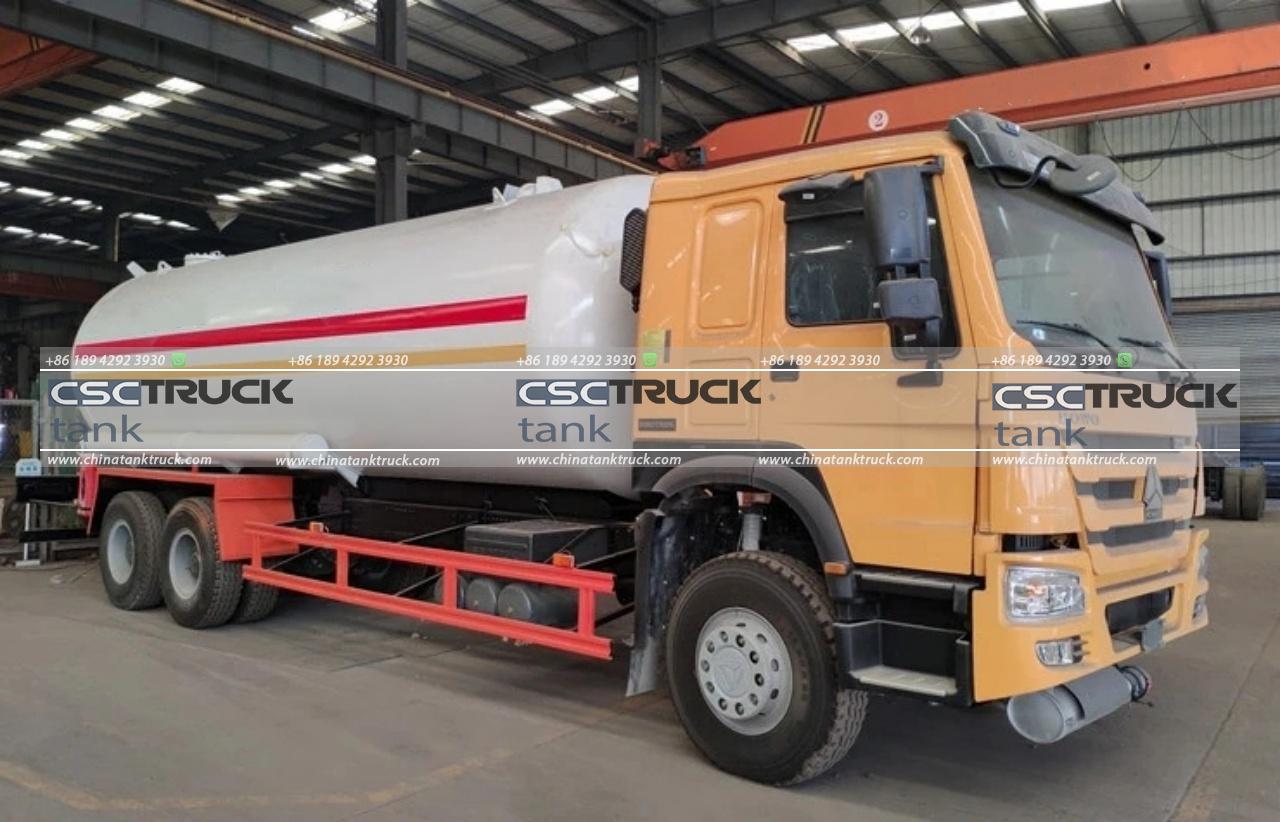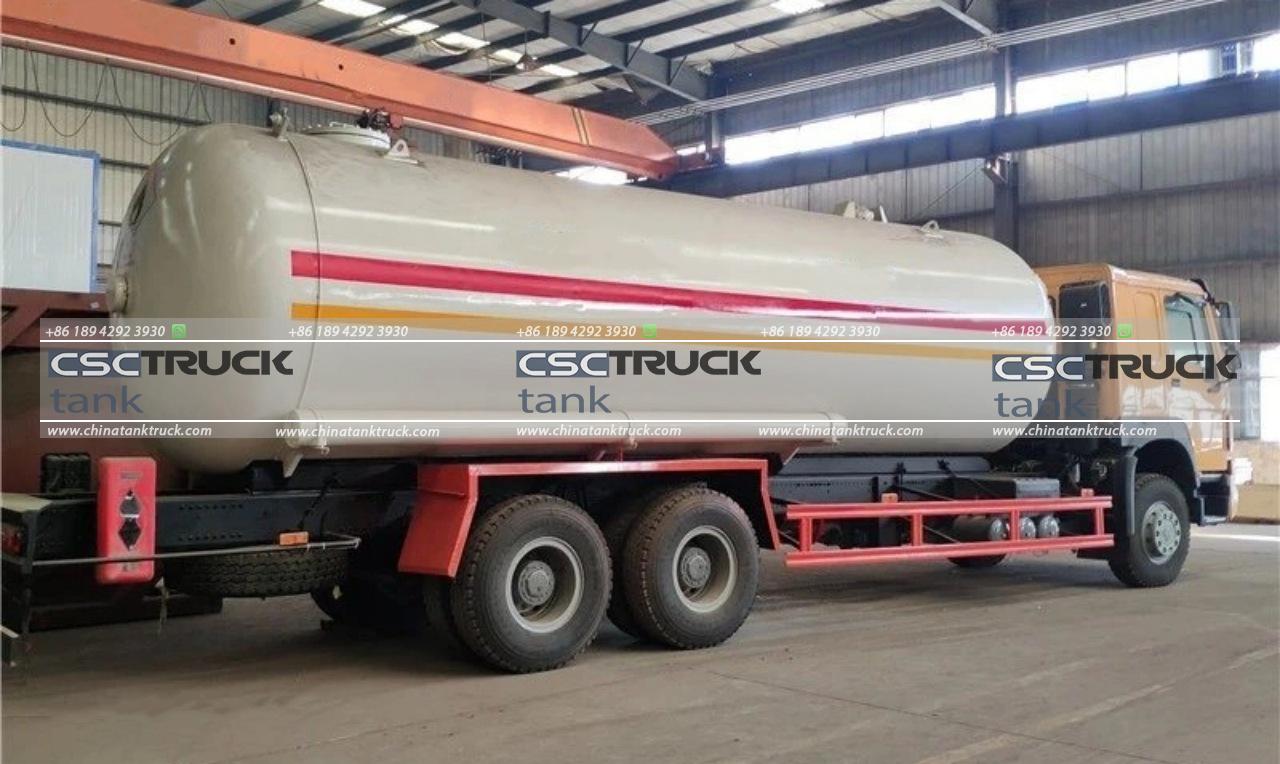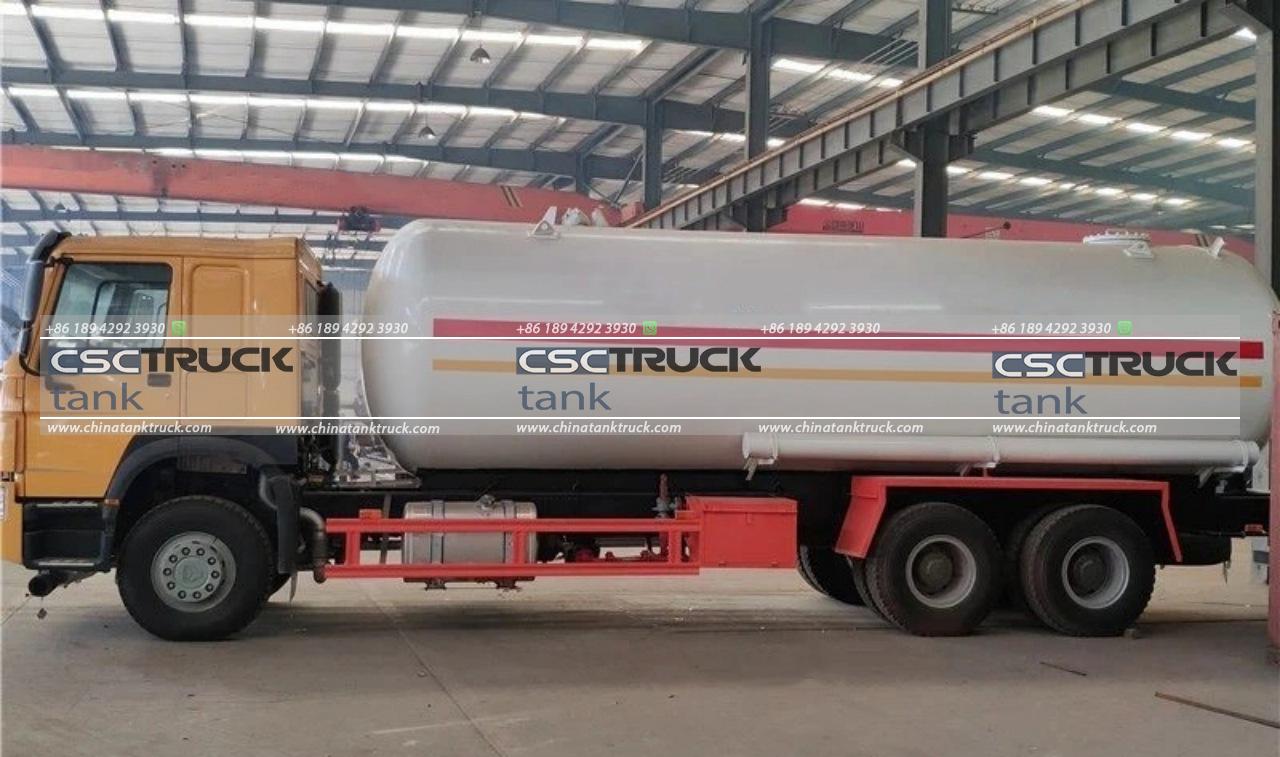Propane Tank Trucks: Features, Benefits, and Buying Guide
Propane tank trucks, also known as LPG (liquefied petroleum gas) bobtails, are essential vehicles in the propane distribution industry. These trucks are designed to safely transport and deliver propane to residential, commercial, and industrial customers. Whether you’re a business owner looking to expand your fleet or an individual venturing into the propane delivery sector, understanding the features, benefits, and considerations for purchasing a propane tank truck is critical.
Features of Propane Tank Trucks
1. Tank Capacity and Materials
Propane tank trucks come in various capacities, typically ranging from 1,000 gallons to over 5,000 gallons. The choice of tank size depends on the scale of your operations. The tanks are usually constructed from carbon steel or stainless steel, designed to withstand high pressures while ensuring safety during transportation and delivery.
2. Safety Systems
Safety is paramount in propane transportation. These trucks are equipped with:
- Pressure Relief Valves: Prevent tank over-pressurization.
- Emergency Shut-Off Systems: Quickly halt the flow of propane in emergencies.
- Breakaway Couplings: Minimize the risk of leaks during hose disconnection.
3. Pumping and Metering Systems
Propane tank trucks feature robust pumping and metering systems for accurate delivery:
- Pumps: Ensure efficient transfer of propane from the truck to the customer’s storage tank.
- Meters: Provide precise measurements to ensure customers receive the exact quantity of propane ordered.
4. Hose Reels and Delivery Hoses
These trucks are fitted with durable hose reels and delivery hoses that can extend to various lengths, ensuring easy access to customer tanks in tight or hard-to-reach areas.
5. Chassis and Powertrain
The chassis of a propane truck is typically chosen for its durability and ability to support the heavy tank and payload. Popular brands like Freightliner, Kenworth, and Peterbilt are common choices. The engine and drivetrain must deliver reliable performance, especially when operating in challenging terrains or climates.
6. Technology Integration
Modern propane tank trucks often include:
- GPS Tracking: For real-time location monitoring and route optimization.
- Electronic Logging Devices (ELDs): To comply with regulatory requirements.
- Digital Controls: For precise operation of pumps and meters.
7. Customizable Options
Depending on the intended use, propane trucks can be customized with features such as additional storage compartments, dual-metering systems, or enhanced suspension for off-road applications.
Benefits of Propane Tank Trucks
1. Efficient Propane Distribution
Propane trucks are designed for quick and efficient delivery, enabling businesses to serve a wide range of customers, from households to large industrial plants.
2. Safety and Compliance
With stringent safety features and adherence to regulations set by the U.S. Department of Transportation (DOT) and other governing bodies, propane tank trucks ensure the safe operation and transportation of hazardous materials.
3. Versatility
These trucks can handle various propane delivery scenarios, including urban environments, rural areas, and construction sites. Their adaptability makes them a vital asset for diverse businesses.
4. Cost-Effectiveness
Investing in propane trucks reduces the dependency on 3rd-party delivery services, resulting in long-term cost savings. For businesses with large-scale propane distribution needs, owning a fleet can improve profitability.
5. Reliability
Propane trucks are built for durability and reliability, ensuring consistent performance over extended periods. High-quality components and advanced engineering minimize downtime and maintenance costs.
Buying Guide for Propane Tank Trucks
1. Assess Your Needs
Determine the specific requirements of your operation:
- Tank Size: Match the capacity to your delivery volume and customer base.
- Chassis Type: Consider terrain and climate conditions where the truck will operate.
- Special Features: Identify if you need customizations such as dual compartments or advanced safety systems.
2. Budget Considerations
New propane trucks can range from $150,000 to $300,000, depending on specifications and customizations. Used trucks are a more affordable option but may require additional maintenance. Be sure to factor in financing options and potential operating costs.
3. Compliance with Regulations
Ensure the truck complies with local and federal regulations, including:
- DOT standards for hazardous materials transportation.
- NFPA (National Fire Protection Association) guidelines.
- EPA (Environmental Protection Agency) emissions requirements.
4. Manufacturer Reputation
Purchase from reputable manufacturers or dealers. Well-known brands provide better warranties, customer support, and access to replacement parts.
5. Inspect the Truck
If purchasing a used truck, thoroughly inspect its condition:
- Tank Integrity: Check for signs of corrosion, leaks, or wear.
- Pumping System: Ensure the pump operates smoothly without unusual noises.
- Meter Calibration: Confirm the meter is accurate and compliant with regulations.
- Chassis and Engine: Look for signs of wear or previous accidents.
6. Fuel Efficiency
Given the rising cost of fuel, choose a truck with a fuel-efficient engine. Hybrid or alternative fuel options are becoming more common and may offer long-term savings.
7. After-Sales Support
Opt for manufacturers or dealers offering strong after-sales support, including:
- Maintenance services.
- Spare parts availability.
- Technical training for your team.
Tips for Maintaining Propane Tank Trucks
1. Regular Inspections
Conduct routine checks on the tank, pumping system, and safety features to ensure they are in optimal condition.
2. Adhere to Maintenance Schedules
Follow the manufacturer’s recommended maintenance schedule for the engine, chassis, and propane system components.
3. Training for Operators
Train drivers and operators on proper usage, emergency protocols, and regulatory compliance to enhance safety and efficiency.
4. Invest in Technology
Leverage telematics and diagnostic tools to monitor truck performance and detect potential issues early.
Emerging Trends in Propane Tank Trucks
1. Alternative Fuels
Some propane tank trucks are being designed to run on alternative fuels like compressed natural gas (CNG) or even electric power, reducing emissions and operating costs.
2. Enhanced Safety Features
Innovations such as automatic leak detection systems and AI-powered driver assistance are improving the safety of propane distribution.
3. Sustainability Initiatives
As sustainability becomes a priority, manufacturers are focusing on eco-friendly materials and designs for propane trucks.
4. Integration with Smart Systems
Smart logistics systems are allowing companies to optimize delivery routes, track inventory in real time, and improve customer satisfaction.
Conclusion
Propane tank trucks are indispensable for the efficient and safe transportation of propane. Their advanced features, coupled with stringent safety standards, make them a reliable choice for businesses in the propane distribution industry. By understanding the key features, benefits, and purchasing considerations, you can make an informed decision when adding a propane tank truck to your fleet.
Whether you’re a seasoned operator or new to the propane business, investing in the right truck will set the foundation for operational success and customer satisfaction.




